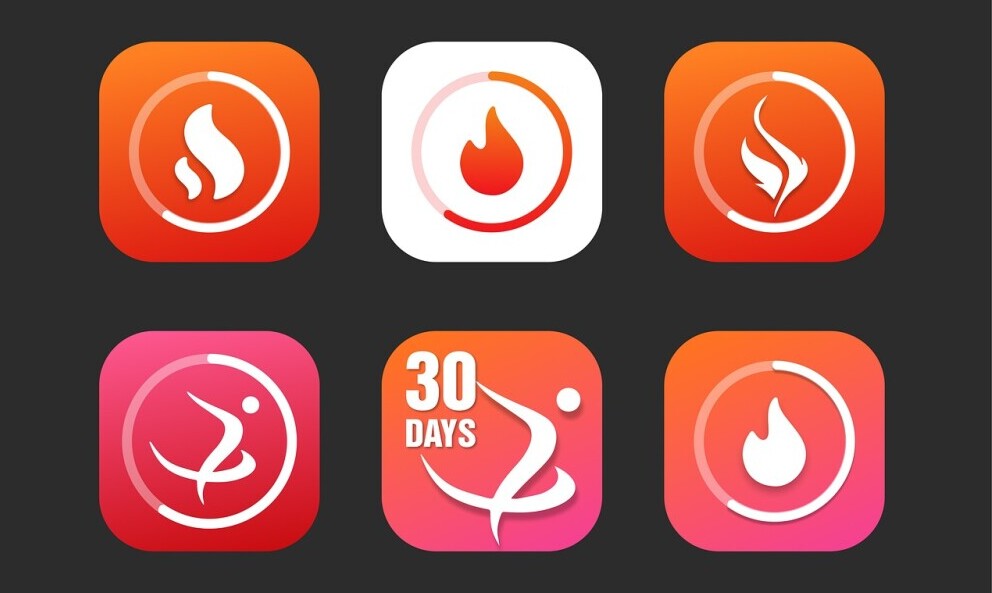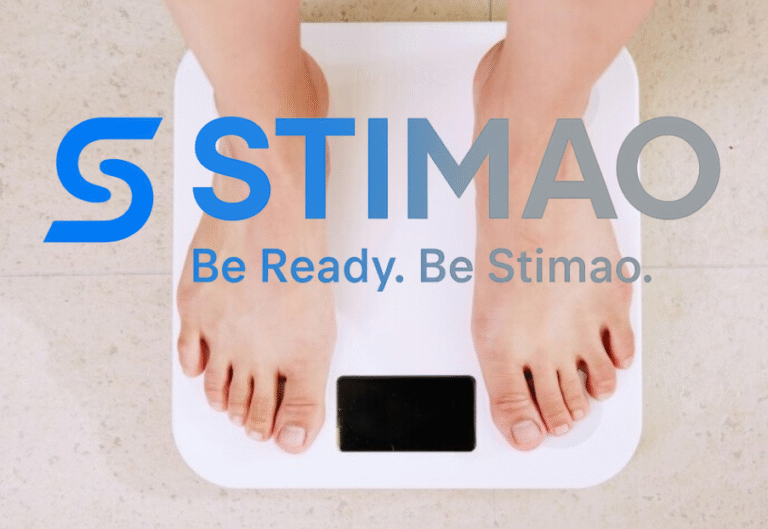
Fitness apps have become the go-to tools for anyone looking to stay fit and healthy. They’re perfect for those who need a bit of a nudge to stay motivated on their fitness journey. With a fitness app, you literally have a personal trainer in your pocket, cheering you on and pushing you to meet your daily goals.
One of the coolest things about these apps is the way they can personalize workout plans. Whether you’re into yoga, pilates, high-intensity training, or just a casual jog, there’s something tailored for you. They adapt to your fitness level, and as you get fitter, they adjust to keep you challenged.
Fitness apps really transform your workout routine by offering a big variety of exercises. Tired of your regular routine? Need some spice without the hefty gym membership cost? These apps offer everything from dance classes to kickboxing, giving you the flexibility to explore new workouts at home.
Tracking your progress is another major perk. It’s hugely motivating to see concrete data—like steps taken, calories burned, or workouts completed. Over time, you can monitor these stats and understand how far you’ve come, which can seriously boost your confidence and keep you on track.
Evaluating the Essentials: The Pros and Cons of Fitness Trackers
Fitness trackers have invaded our wrists, ready to feed us all sorts of handy health data. Imagine getting real-time updates on your heart rate, steps, and even your sleep quality. These little gadgets make it simple to monitor your fitness journey as it unfolds day by day.
The ease of access to valuable health insights is a game changer. With just a glance, you can see your daily activity level, which can help you make better lifestyle decisions. It’s a bit like having a personal coach who’s always there, whispering stats in your ear, keeping you in check and on target.
But, like all tech, fitness trackers aren’t perfect. Sometimes they misjudge steps or fail to catch every detail, leading to some less-than-perfect data. You might find that GPS doesn’t map your jog as well as it should. It’s crucial to remember they’re helpful guides, not infallible authorities.
Now, let’s chat privacy. It’s a hot topic with these devices, as they collect and store a lot of personal data. Understanding how your data’s handled is super important. So, make sure you’re comfortable with the app’s policies and check those privacy settings. After all, keeping your information safe should be a top priority.
Balancing Act: Weighing the Pros and Cons of Using Fitness Apps
Fitness apps make working out as easy as tapping your phone, whether you’re at home or on the go. This accessibility turns any place into your personal gym, removing the hassle of travel or scheduling conflicts with traditional gym setups.
Cost can be a tricky part. Apps usually offer free basic features, but the real perks are hidden behind a paywall. It’s worth exploring the free options before deciding if the premium features are truly something you’ll use.
These apps often come packed with social features, from leaderboards to friend challenges, transforming your fitness routine into a community-driven affair. For some, the competitive edge or sense of belonging boosts accountability, while others might feel more pressure than support.
While piled-high data can motivate, it can also overwhelm. With a constant flood of numbers and stats, it’s easy to get lost or discouraged. Prioritize what’s truly important for your goals, and don’t let too much data cloud your fitness journey.





